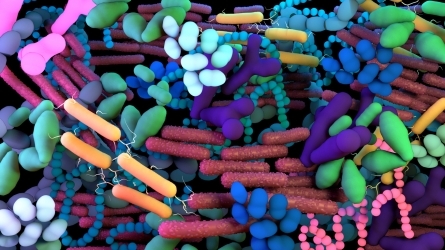
EASP Meeting: Understanding and Transforming Challenging Relationships: Setting a Research Agenda for a 21st Century Social Psychology
Azalpena
Conflicts across family settings, schools, neighbourhoods, work place, and wider communities and nations, social media, etc. can all exert an adverse impact on individuals, threaten their identity, undermine their quality of life as well as harm their mental and physical health. Such conflicts can be further exacerbated due to environmental pressures, such as poverty, climate change, economic crises, international shake-ups (e.g., Brexit), etc. Based on recent advancements of social psychological theory and research, we have identified seven major hot topics which are key to understanding difficult relationships. These are: forgiveness, apology, justice, trust, respect, hope, and power. Currently, researchers disparately theorise and produce empirical work on one or at most two of these concepts. Bringing together researchers and practitioners from around the world and providing them with a space in which they can integrate their theories and see the bigger and more complex picture framing difficult relationships is what is required to galvanise this field towards the next step in developing meta-theoretical approaches to and social psychological taxonomies of such challenging relationships.
Helburuak
This Small Group Meeting seeks to create an important space for the multifaceted analysis of different perspectives on the psychology of challenging relationships. This broad focus offers researchers who study some of the above concepts from an intergroup perspective to converse and exchange with scholars with interests in similar topics but from an interpersonal perspective. Similarly, scholars who study these concepts among children will be afforded the opportunity to discuss their theories and empirical work with scholars who focus on adults, and vice versa. We encourage both senior and junior scholars to join us, including Ph.D. students.
Kolaboratzaileak
Zuzendariak

Magdalena Bobowik -
UPV/EHU, Facultad de Psicología, Psicología Social

Masi Noor -
Universidad de Keele, Facultad de Ciencias Naturales, Escuela de Psicología
Kokalekua
Carlos Santamaría Zentroa
Elhuyar plaza 2, 20018 - Donostia
Gipuzkoa
Carlos Santamaría Zentroa
Elhuyar plaza 2, 20018 - Donostia
Gipuzkoa





